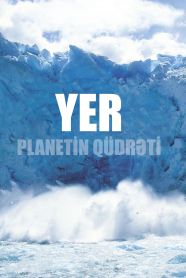
Katey Walter
Katey Walter
Scholar
Biography
Katey M. Walter Anthony is an Alaskan aquatic ecologist and biogeochemist researching carbon and nutrient cycling between terrestrial and aquatic systems, and the cryosphere and atmosphere. Walter Anthony's research focuses on methane and carbon dioxide emissions from arctic and temperate lakes and wetlands in Alaska and Siberia, and the processes involved in greenhouse gas emissions from lakes, including thermokarst (permafrost thaw), industrial plant emissions, geology, and changes in lake area. By using environmental gradients, isotopes, and remote sensing as tools, she hopes for an improved understanding of the basic processes in lake ecosystems. Many newly formed Arctic lakes have bacteria feeding on plant detritus previously frozen underground and producing methane as a waste product. Per unit of mass, methane has a more potent greenhouse effect than carbon dioxide. Global warming extrapolations could be grossly underestimated if methane contributions from lakes have not been properly studied and are not taken into account. Studies of ice cores from Greenland and Antarctica have shown that in the early Holocene Period, between 14 000 and 11 500 years ago, methane concentration in the atmosphere spiked and was from a northern source. These spikes would be cyclic, coinciding with and aggravating global warming.
For more information press the link below:
https://en.wikipedia.org/wiki/Katey_Walter_Anthony
For more information press the link below:
https://en.wikipedia.org/wiki/Katey_Walter_Anthony
Filmography
Actors
Rəy bildirmək üçün Giriş et və ya Qeydiyyatdan keç
